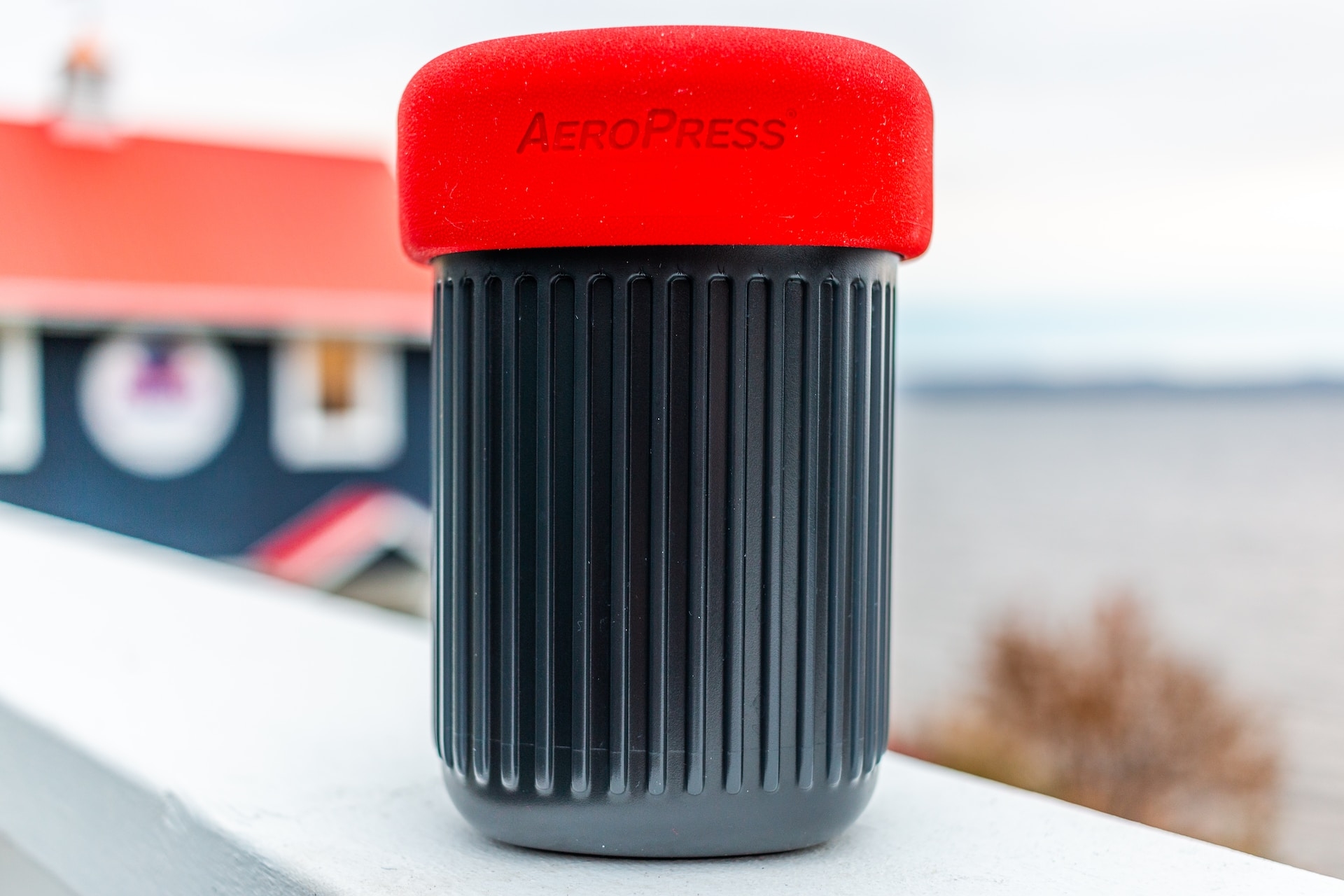At the start of 2023 I decided to spend most of 2023 and some of 2024 traveling and working around the world. This has been a goal since my remote working journey began over 10 years ago, but no matter how important it has felt in that time it never quite happened.
Between the day-to-day of working and living my life in the best way I can, this goal that felt as important as the air I breathed stayed unchecked on the tick-list waiting for the time to come. Finally, after the impact of Covid canceling some plans in 2020, I am currently half way through a year abroad.
Traveling for an entire year is quite expensive regardless of how frugal you are, but I am going to list some things here that will definitely help any long-term traveler save money. Some of these items save a few dollars a day, some save thousands a week, but all are a worth putting into your arsenal if you want to maximize your time abroad.
I’ll avoid certain obvious ones about cheaper hotels, hostels, red eye flights, etc. but instead focus on things that come easier with long-term travel and ideally offer some hidden bonuses to exploit while you’re saving money.
Incidental Food

-
Financial impact: $20+ a day.
-
Difficulty: Easy.
When exploring a new city you’re likely to be confronted with a cornucopia of new foods to try — Prague has ice cream cones made of donut, do you know how good these look?! — but if you can resist these items both your bank balance and waistline will thank you.
My tip is to make an allowed list of items to sample by deciding exactly what local treats you want to try before you arrive. Once you’ve written this down try and stick to it, and for alternative snacks it can be worthwhile packing fruit and nuts, especially if you can “borrow” them from your hotel breakfast bar.
Another way to enjoy local food you’re excited about is to sign up for a food walking tour via AirBnB or similar. These generally take place away from tourist-centric areas for a more local and authentic feel, they’re cost effective, and you have the chance of meeting some people while you stroll.
Editors note: I was tempted to provide each item with an environmental impact score, but this is hard to quantify. Having said this, almost every item in this list is a huge plus for the environment as well as for your savings account.
Make your own coffee with AeroPress

-
Financial impact: $10+ a day per person.
-
Difficulty: Easy.
If you’re like me and can’t live without coffee you’re likely spending a lot of money at cafés. An Americano in Paris can cost as much as €10 (that’s USD$11, AUD$15 or GBP£8.67) but the same coffee made in your own lodgings will cost less than €1.
The AeroPress Go (not an affiliate, not an add) is the answer for making great coffee on the road. It’s a high quality, durable, and simple coffee maker that comes with everything you need to make coffee aside from the ground coffee itself.
I could go into great detail about how to make the coffee, but it would be far simpler to watch James Hoffman’s ultimate recipe on YouTube. Essentially the Aeropress works like a French press, except that it’s small and packable for travel.
If you love café culture and enjoy coffees out you shouldn’t stop doing that, but packing an Aeropress and some ground coffee will absolutely save you money daily.
Generally speaking it’s easy to find acceptable beans in most supermarkets or grocery stores, but quality beans can also be acquired at many cafés. I’ve also taken coffee internationally several times without any challenges, but do check local import laws if you’re traveling with coffee to ensure you’re allowed to do so.
House Sitting / Dog Sitting
-
Financial impact: $200+ a day, 100% impact on travel time and budget.
-
Difficulty: Medium - Hard.
I recently wrote an article on house and pet sitting, but suffice it to say this is one of the largest financial impacts on my year abroad. With the costs of hotels, AirBnBs and even hostels as high as they are in 2023, this is guaranteed money in the bank.
Definitely read the full article for more information, but sitting essentially looks like this: you take care of someones home and pets while they travel, and in return you get to stay for free and explore their local area (generally in the presence of amazing pets).
Pet sitting has been incredibly rewarding and satisfying, and although it can be a little hard to get started, once your profile is built out and you have some reviews it does get easier.
Walking More
-
Financial impact: $10-20+ a day.
-
Difficulty: Easy.
One of the best things about traveling long term is the extra time you have to enjoy it all. It feels very different and far more gratifying to get to know the area you’re staying in by foot. While you likely cannot walk everywhere you might want to go, this is a terrific way to both save money and get fit at the same time.
My tip for walking more is to make sure your maps app (generally Apple Maps or Google Maps) defaults to walking directions instead of other forms of transport. I often find that whenever walking directions are less than half an hour there is almost zero impact in end-to-end commute times with walking versus ride-sharing or public transport.
Live like a local
-
Financial impact: It depends.
-
Difficulty: Easy.
This is another item I’ve written on before, but it’s worth mentioning again. When you’re on holiday it feels great to say yes to every extravagance and enjoy all that a place has to offer, but with longer term travel you can really burn out on all the junk food and alcohol that seems to bombard you when walking through tourist hotspots.
Instead take some time to learn how the locals eat, drink and live, and try and take part in their experiences more.
Pack a drink bottle

-
Financial impact: $10+ a day.
-
Difficulty: Easy.
Your body needs as much as 3L a day according to research at Harvard and carrying a drink bottle with you is the easiest way to ensure you’re consistently drinking throughout the day.
While there are certainly regions in the world where water quality is questionable, most first-world countries have drinkable and generally quite acceptable tasting tap water. With study after study confirming that tap water is safe and good for you, this isn’t just a travel tip but a tip for life.
While I said I wouldn’t write about the environmental impact of each item on this list, it’s hard to overstate the impact of not buying single use plastic bottles every day.
Nalgene have some amazing drink bottles if you’re after something that will last you a lifetime, but if you’re after something a little more stylish and small bag friendly you can’t go past Memo Bottle.
Meal sharing
-
Financial impact: $30-60+ a day.
-
Difficulty: Easy.
I have my days where I can be a ravenous eater, but it’s still hard not to notice that meal sizes in many restaurants are getting out of hand. The downside of this is that you might be tempted to overspend and overeat, but there is an opportunity to exploit the growing plate size by meal sharing.
If you’re traveling with a close friend or a partner this is a super easy one to do — decide on something you both like the look of and split it.
In my experience this maybe works out 8/10 times, but for the 2/10 times where you’re still hungry afterward you always have the opportunity to order more food, or go for a walk to see what street food might be available.
Meals that split well - sandwiches, pizzas, burgers, schnitzels. Anything on the large or simple side will split well between two.
Meals that don’t split so well - soups and salads are pretty obvious choices, along with anything you suspect might be a little too small.